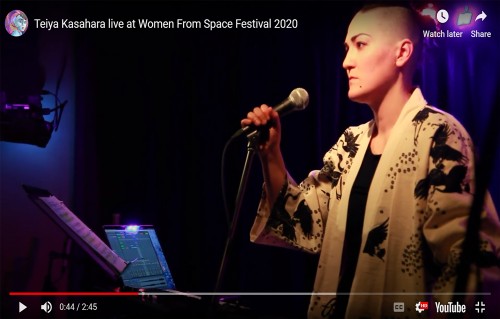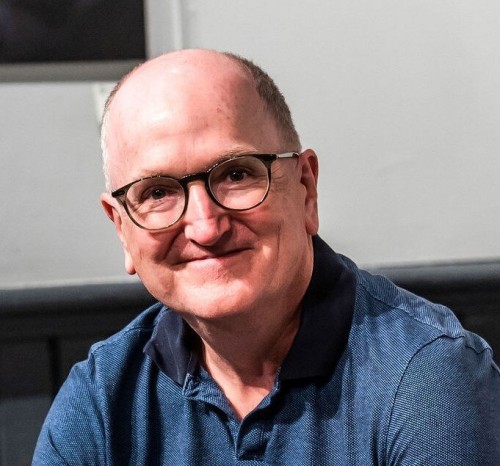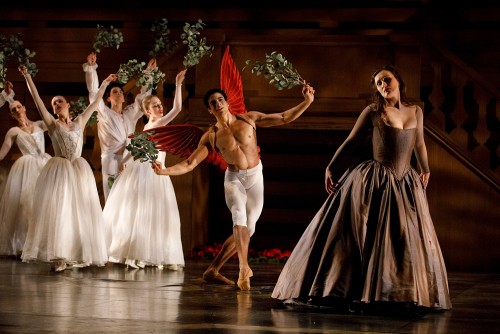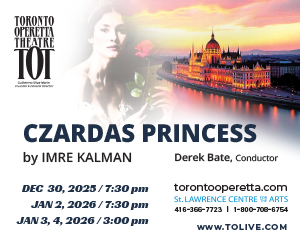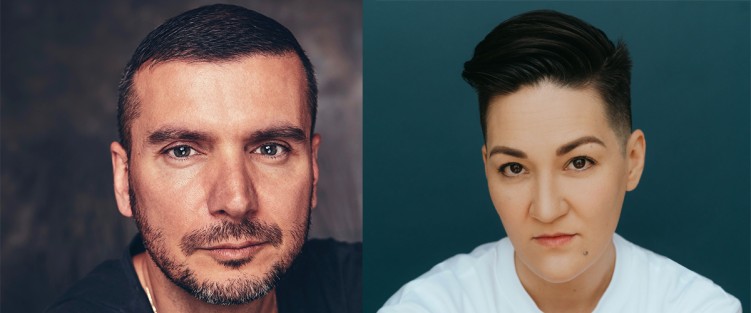 Lieder, or art song, might seem a tough sell at times. With just two performers on stage, singer and pianist, it does not offer the visual dazzle of opera with its scenery, orchestra and casts of thousands. Texts are usually by 19th-century poets such as Verlaine, Goethe, Rilke, Heine and Hesse, and in German or French which makes them less accessible to English-speaking listeners. To do justice to the texts, songs were often through-composed and so they lack choruses that might catch the audience’s ears.
Lieder, or art song, might seem a tough sell at times. With just two performers on stage, singer and pianist, it does not offer the visual dazzle of opera with its scenery, orchestra and casts of thousands. Texts are usually by 19th-century poets such as Verlaine, Goethe, Rilke, Heine and Hesse, and in German or French which makes them less accessible to English-speaking listeners. To do justice to the texts, songs were often through-composed and so they lack choruses that might catch the audience’s ears.
Lieder, however, holds all the dramatic possibilities of opera – especially when the songs are presented as an entire set or cycle – but the responsibility for realizing the poet’s and composer’s intentions lies entirely with the singer and pianist. Art song can be compared to short story form, eschewing the grandeur of opera, as short stories do novels, to instead capture truth in a more compact or even epigrammatic form.
Confluence: There are several musical organizations in Toronto that are taking on art song these days and updating it in a way that hopes to win new audiences, and also to afford artists new possibilities for interacting and creating. This May, Toronto audiences will have the chance to hear an especially inventive re-imagining of Heinrich Heine’s Dichterliebe as set by Robert Schumann, reinterpreted as Dichterliebe: Whose Love? It is presented by Confluence Concerts and co-created by Teiya Kasahara 笠原 貞野 and pianist David Eliakis. Kasahara told Wholenote that “David Eliakis and I will look at Schumann’s setting of these poems with a queer and trans lens of our lived experiences. We started with the central question, ‘Whose love is important, valid, and celebrated?’, and that is why we are presenting Dichterliebe: Whose Love?
“Lieder is where I began my classical vocal education at age 15,” says Kasahara. “It was the place I first was able to express myself through my singing voice. I think what is special about Lieder is that one can take more into consideration their own lived experience in relation to the poetry. There is less prescription in dramatic portrayal – in “performance” – in comparison to opera, where we are asked to play specific characters in usually very structured narratives.” It’s worthwhile to note that in a previous project with Confluence, Kasahara re-examined Puccini’s opera Madama Butterfly in The Butterfly Project: The Ballade of Chō-Chō San.
With this program, Kasahara and Eliakis interrogate “their classical music educations, the traditions which they have perpetuated in both music and life, and the sex and gender norms that still govern much of today’s performance practices and social discourse.” Schumann composed the original Dichterliebe (A Poet’s Love) song cycle in 1840 during a period when he and his beloved Clara were uncertain if they would be allowed to marry; for this reason, the music he produced sometimes contradicts or belies the seemingly sunny content of some poems. Nevertheless, it is a conventional journey of gender and love that is described in his original composition. In this new version, Kasahara and Eliakis, too, use Heine’s Lyrisches Intermezzo as a starting point and incorporate Schumann’s original settings, but they also bring in settings by Schumann’s contemporaries, including Liszt, Franz Wolf and Fanny Mendelssohn (Hensel), with some contemporary electronic additions.
As Kasahara explained to WholeNote, although Dichterliebe’s themes of love, unrequited love, lost love, etc. are presented as universal “that isn’t always the case for queer and trans people in the stories we tell in historical and contemporary mediums. I also often wondered why sopranos and mezzos, but more specifically women, weren’t seen singing or recording this repertoire as much as their counterparts. Tradition has seemed to tell another story, but what has continued to bring me back to canonical works in Lieder and in opera is that my imagination, curiosity and creativity continues to inspire me to want to tell another story: queer stories, trans stories, BIPOC stories, my story.”
Larry Beckwith founded Confluence Concerts in 2018, and says they’ve programmed “a good deal of art song, including Debussy’s Cinq Poèmes de Charles Baudelaire in the fall of 2018, Marion Newman’s program of Indigenous Art Song in 2019, a generous sampling from the fascinating Irish Art Song Project and a program of James Rolfe’s songs in the fall of 2023.” Their presentations have been creative, and as Beckwith explains, “Most have included art songs juxtaposed with jazz standards, folk or contemporary pop songs, such as last season’s All the Diamonds cabaret, curated by yours truly, or the Mandala (curated by Suba Sankaran) and Gracias a la Vida (curated by Patricia O’Callaghan) programs in the pandemic.”
Beckwith teaches music at the secondary school level and adds that he plans to bring his students to Matthias Goerne’ and Evgeny Kissin’s performance of Dichterliebe this month (April 21, Roy Thomson Hall). “The students in the voice program love art songs and often juxtapose them with musical theatre songs, which are often not dissimilar in their story-telling arcs.” With innovative productions like the Confluence show leading the way to spark interest, and the open-heartedness of young singers, art song might once again take centre stage for more listeners.
As Beckwith says, “Art songs endure because they are tiny perfect gems and poignantly marry words and music. We look forward to Teiya Kasahara’s re-envisioning of Schumann’s Dichterliebe with a goal towards de-mystifying and further popularizing what is in essence a very accessible, moving, timeless and entertaining art form.”
Elsewhere: Some other recent and current performances offering insights into art song include Opera Atelier’s upcoming All Is Love, showcasing Measha Brueggergosman-Lee and including Reynaldo Hahn’s setting of Verlaine’s L’heure Exquise; and the Toronto Mendelssohn Singers, just before this issue went to press, presenting Franz Schubert’s song cycle Winterreisse in a new arrangement for choir, baritone Brett Polegato, and piano. This past March, in a clever contemporary turn, Nathan Keoughan and pianist/composer Peter Tiefenbach performed Tiefenbach’s dramatic and humorous cycle, The Long Walk Home, as part of Against the Grain Theatre’s Opera pub at The Drake Hotel. Jokingly referred to as “Die Tinderreise”, this original song cycle with text by James Ostime tells the story of a man’s one-night journey, echoing cycles such as Winterreise but including contemporary details.
Listing details: Confluence Concerts. Dichterliebe: Whose Love? Teiya Kasahara 笠原 貞野, vocalist; David Eliakis, piano. Heliconian Hall, 35 Hazelton Ave. May 3 and 4, 7:30pm, with pre-concert chat at 6:45pm. Tickets $25.
Stephanie Conn is an ethnomusicologist, writer/editor, and former producer for CBC Radio. A member of the ensemble Puirt a Baroque, she has also sung with Tafelmusik and other period ensembles, and is active as a traditional Gaelic singer and piano accompanist in Cape Breton. Her podcast “Friend of a Friend” can be heard at https://meezstephanie.substack.com.


